Does the crushing fall of Awami League augur true victory of the people?
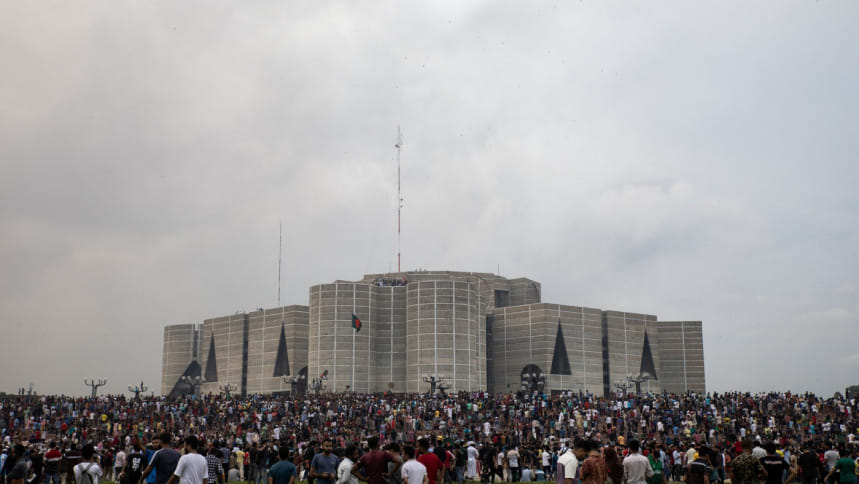
The humiliating fall of Sheikh Hasina and her party the Awami League represents a powerful reaffirmation of the invincibility of people's power, particularly youth power. It has opened the gateway to an extraordinary political transformation catalysed by a completely non-political and peaceful quota reform protests that grew into the anti-discrimination movement. The youth and civic uprising has shattered the foundations and structures of a political regime that not only failed to learn the important lessons of youth power in our history—of which the party itself was the main beneficiary on several occasions—but also failed to realise that they were incessantly inviting disastrous consequences for themselves.
The unaccountable abuse of power and unbridled corruption with impunity in a monopolised politico-governance space, dependent on politicised and professionally bankrupt state institutions, blinded them to the extent that they developed a culture of ridiculing the writing on the wall and paid the inevitable price.
The student movement soon transformed into a people's movement, thanks to the spontaneous participation of common people protesting not only the use of force by law enforcement agencies, but also the misrule symbolised by abysmal governance failures. It represented a powerful outburst of public sentiment against the use of political, public or governmental positions as licences for corruption and self-enrichment at the expense of the vast majority of people thrust into a day-to-day survival crisis due to the failure to manage the economic situation. By then, all indicators were clear about the inevitable outcome.
The price paid in terms of hundreds of deaths and multi-dimensional violations of the fundamental rights of students, children, adolescents, and common people is enormous and must be accounted for. These tragedies and losses could have been avoided if not for the regime's intransigent ostrich syndrome and the state institutions, whose only capital was blatant lies, which distanced them further from the people. The anti-discrimination movement led by the students will forever remain a lesson for the political leaders of Bangladesh that, when politicians turn into authoritarians, they only defeat themselves, and that youth-led people's power cannot be suppressed by any form or level of force.
Sheikh Hasina's exit marks the fall of an authoritarian regime, but whether it will eventually lead to a sufficiently robust democratic transition, consistent with the true spirit and aspirations of the youth movement and the people at large, remains to be seen. This will depend on whether the transition government and its successor can deliver a genuine overhaul of the state structure, particularly the key state institutions mandated to ensure genuine public participation and representation in governance, rule of law, justice, transparency, accountability, and fundamental freedoms. Failure to ensure these may not only take us back to business as usual, but also push us from the frying pan into the fire.
On top of the challenges ahead for true victory is the issue of accountability for everyone involved, without fear or favour, who was responsible for various injustices and violations during the movement—a promise made by the new authority. Will this accountability be based on a nationally and internationally acceptable investigation conducted by a fully independent commission, possibly at the initiative of the United Nations? How robust will the scope of accountability be? Will it address only those who indiscriminately used disproportionate force and lethal weapons, or will it also include those who ordered and approved such multi-level and multi-dimensional violations of human rights? Will the accountability agenda encompass the security agencies for their systematic and blatant abuse of power? What about the vested groups that intruded into the movement space to exacerbate the chaos as part of their own agendas?
What about the vengeful violence in the name of celebrating the downfall of the ousted regime, and no less ominously, the targeted attacks against religious minorities, including killings, looting, vandalism, and the destruction of properties such as temples? What about various professionals, such as media workers, who have been victims of violent and targeted revenge, or have lost their jobs without due process? The same applies to government officials, including police officers, who have been subjected to revenge. The students have demanded accountability and justice through due process, not revenge and mob justice. Targeted attacks on minorities or others based on any marker of identity are completely contradictory to the core agenda and spirit of the anti-discrimination movement. Why, then, can these not be immediately stopped and those responsible brought to justice?
The cost of reconciling with the possibility of losing power is synonymous with losing the licence to abuse power and accumulate illicit income and wealth, both at home and abroad, through corruption, loan defaults, swindling, and money laundering. No one should be under any illusion that these "virtues" are the monopoly of the Awami League alone, especially given the track record of potential political beneficiaries of the forthcoming transition.
The list of aspirations of the student movement is both pertinent and challenging. Will the interim government undertake the task of creating a framework and process for overhauling the state structure, including the key institutions involved in establishing the rule of law, which the government will be required to follow? The current state of politicisation, dysfunction, and professional bankruptcy in our institutions is the result of decades of deliberately sustained governance deficits. Whether the interim government and its successor will have the courage and strength to undertake such a project remains to be seen.
No less important are the issues surrounding the politico-institutional and legal context related to fundamental rights such as freedom of expression, the right to protest, freedom of assembly, media freedom, and the right to privacy. An atmosphere of intimidation and universal sense of insecurity have been created by a series of legal and institutional measures based on surveillance and securitisation as means of suppressing dissent and freedom of opinion.
Above all, how will corruption, which is the core underlying cause of the unlimited hunger for power and the zero-sum game of politics driven by a desire for permanent control, be handled? The cost of reconciling with the possibility of losing power is synonymous with losing the licence to abuse power and accumulate illicit income and wealth, both at home and abroad, through corruption, loan defaults, swindling, and money laundering. No one should be under any illusion that these "virtues" are the monopoly of the Awami League alone, especially given the track record of potential political beneficiaries of the forthcoming transition.
The vision, aspirations, and takeaways of the student movement are crystal clear to the people of the country. Whether this will be the case for the incoming power holders or not remains to be seen.
Dr Iftekharuzzaman is executive director at Transparency International Bangladesh (TIB).
Views expressed in this article are the author's own.
Follow The Daily Star Opinion on Facebook for the latest opinions, commentaries and analyses by experts and professionals. To contribute your article or letter to The Daily Star Opinion, see our guidelines for submission.

 For all latest news, follow The Daily Star's Google News channel.
For all latest news, follow The Daily Star's Google News channel. 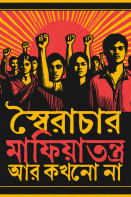
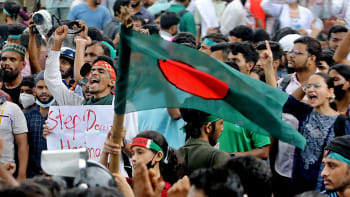
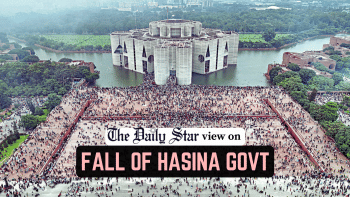



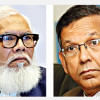
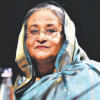



Comments